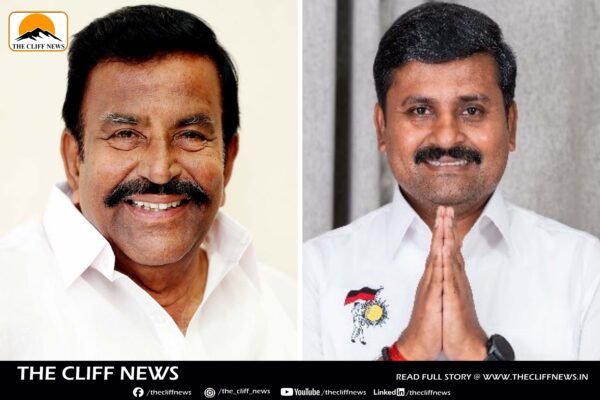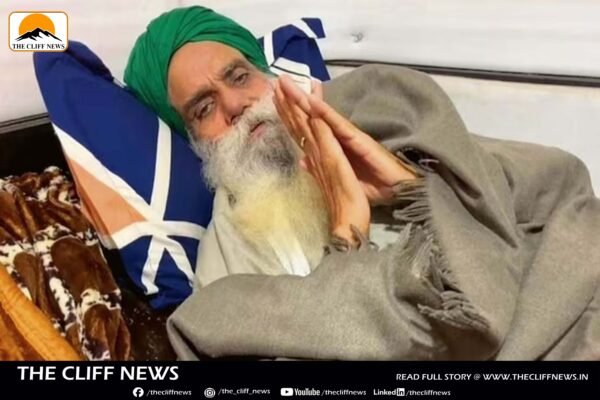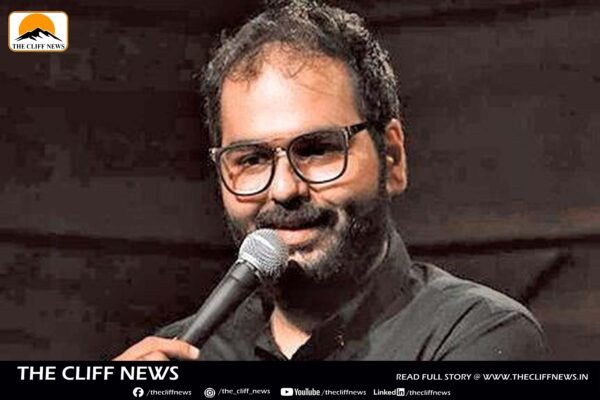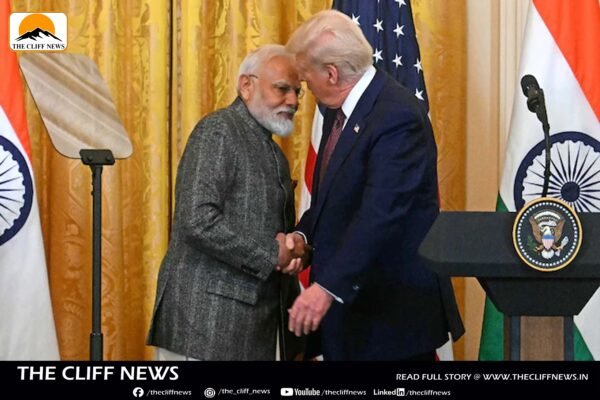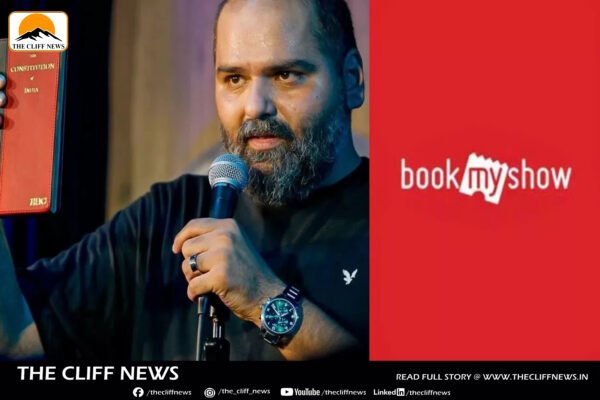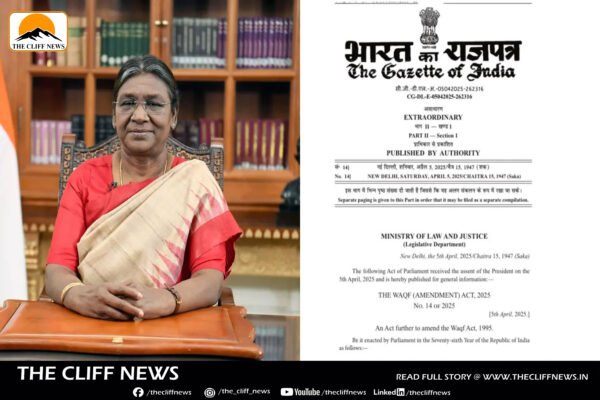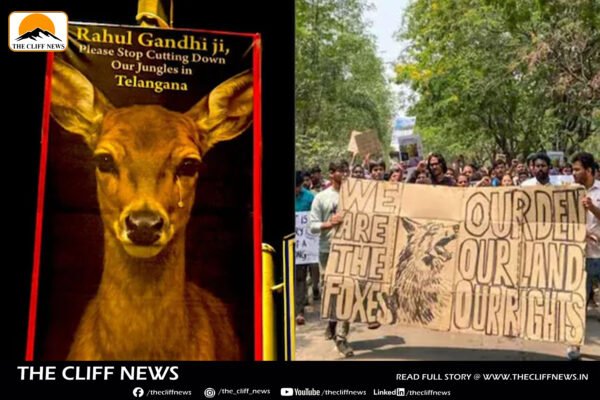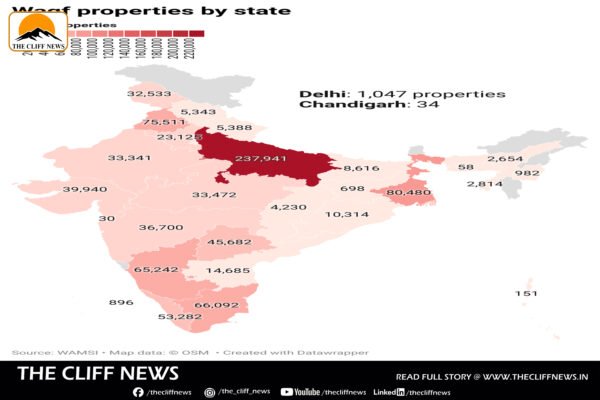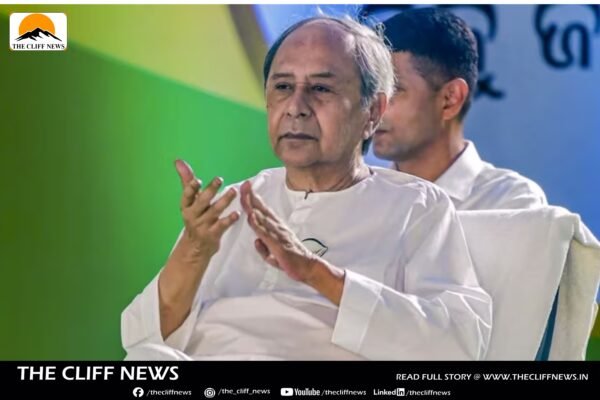ED Raids Properties Linked to DMK Minister KN Nehru’s Family Across Tamil Nadu
Chennai/Tiruchy/Coimbatore, April 8: In a significant move, the Enforcement Directorate (ED) on Monday conducted raids at multiple locations across Chennai, Tiruchy, and Coimbatore as part of an ongoing probe into financial irregularities involving the TVH Group, a real estate company allegedly promoted by KN Ravichandran, brother of senior DMK leader and State Minister KN Nehru. According to official sources, the searches were connected to banking transactions by the TVH Group, with raids conducted at over 10 locations, including high-profile neighborhoods in Chennai like Adyar, Teynampet, Alwarpet, CIT Colony, Besant Nagar, and MRC Nagar. Key Highlights: Political Reactions: Amid rising political temperatures, Law Minister S Regupathy slammed the ED, calling it a “non-political ally of the BJP.” Drawing parallels with other opposition leaders facing similar action, he said the agency functions as “an extended arm of the BJP.” In a late evening press conference, DMK MP and legal wing head NR Elango described the raids as politically motivated and retaliatory, stating: “These delayed and unlawful raids target DMK leaders whenever our Chief Minister MK Stalin raises constitutional issues. The case in question appears to be related to a 2013 bank transaction, already charge-sheeted by the CBI in 2021. There is no indication that it involves any new corruption charge.” Minister’s Response: Despite the tense atmosphere as DMK cadres assembled near the raid locations, Minister KN Nehru was seen urging his supporters to leave and not interfere with the ED’s actions. This helped defuse the situation, avoiding any confrontation.
